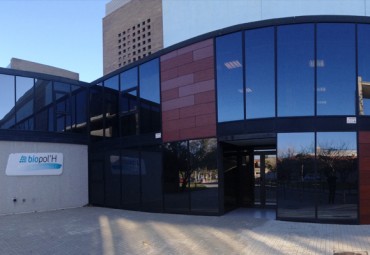BrainLab – Cognitive Neuroscience Research Group
Institute of Neurosciences and Dep. of Clinical Psychology and Psychobiology, University of Barcelona
Predictive perception: sensory-motor interaction
Perception is an active process of interpreting sensory signals. This active process relies heavily on the brain’s capacity to formulate predictions about upcoming sensory signals, which are then contrasted against the sensory input. This constant testing of predictions allows the sensory system to maintain a faithful internal model or representation mirroring the external sensory environment. A very important source of sensory prediction is our own motor behavior. Motor acts are executed with the intention of causing changes in the external sensory environment. Hence, it is proposed that a specific prediction of the expected sensory consequences is associated with every motor command. Studying motor-driven predictions provides a powerful tool to investigate the role of prediction in sensory processing, and particularly the neural representation of prediction in the sensory systems. The brain’s response to self-triggered stimulation differs from its response to the identical stimuli when caused by an external agent. By comparing electrophysiological responses between self- and externally-generated sounds, and between motor acts with and without associated auditory consequences, I will show evidence that sensory predictions stemming from motor acts are represented with sensory templates. That is, motor commands that have associated sensory consequences predictively activate the neural representation of the expected sensory input. These motor-driven sensory predictions have diverse functional implications in processes related to sensorimotor control, including the sense of agency.
 |

